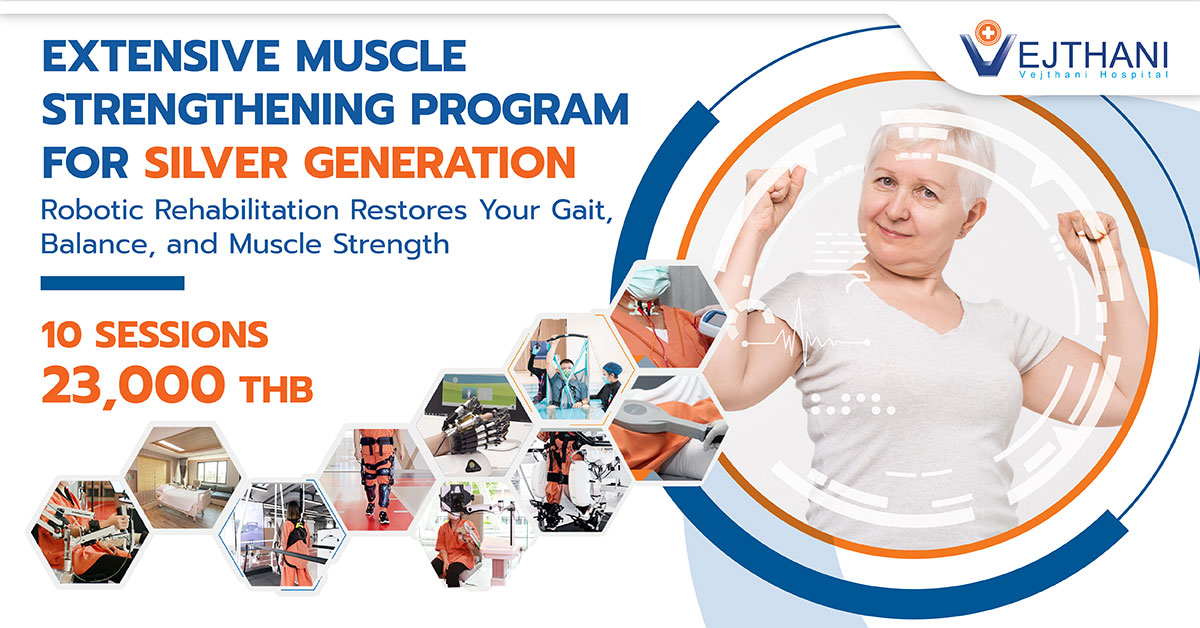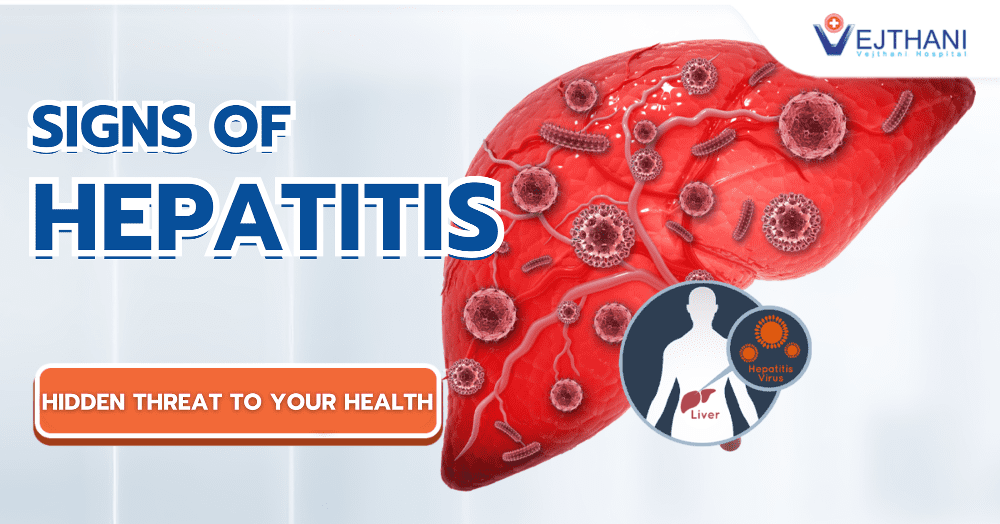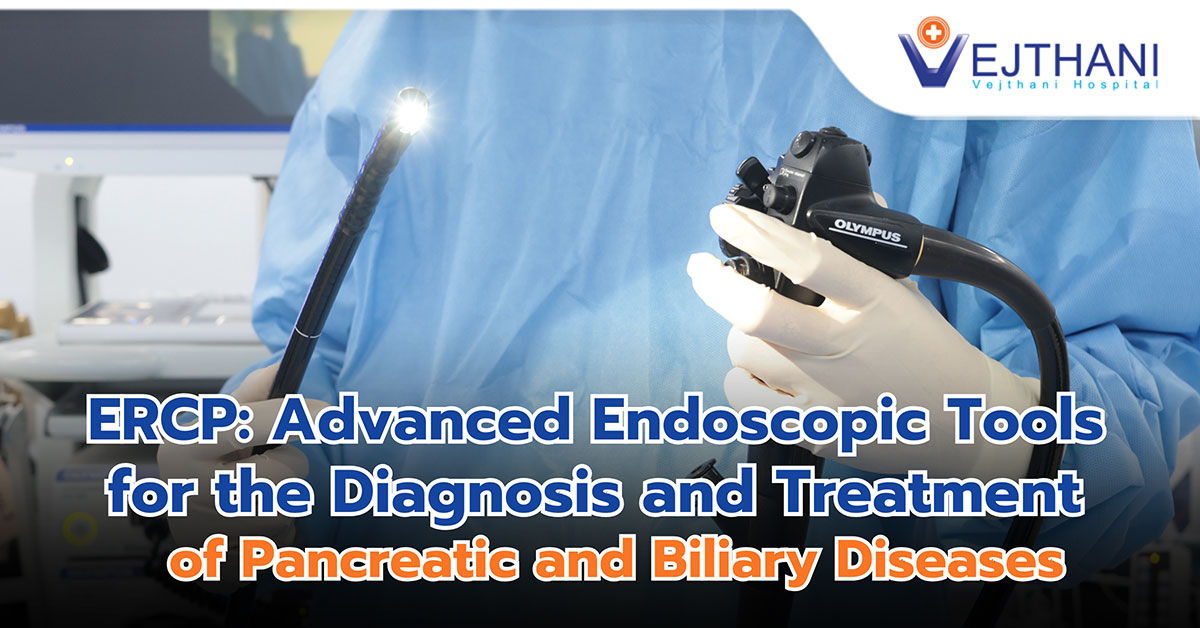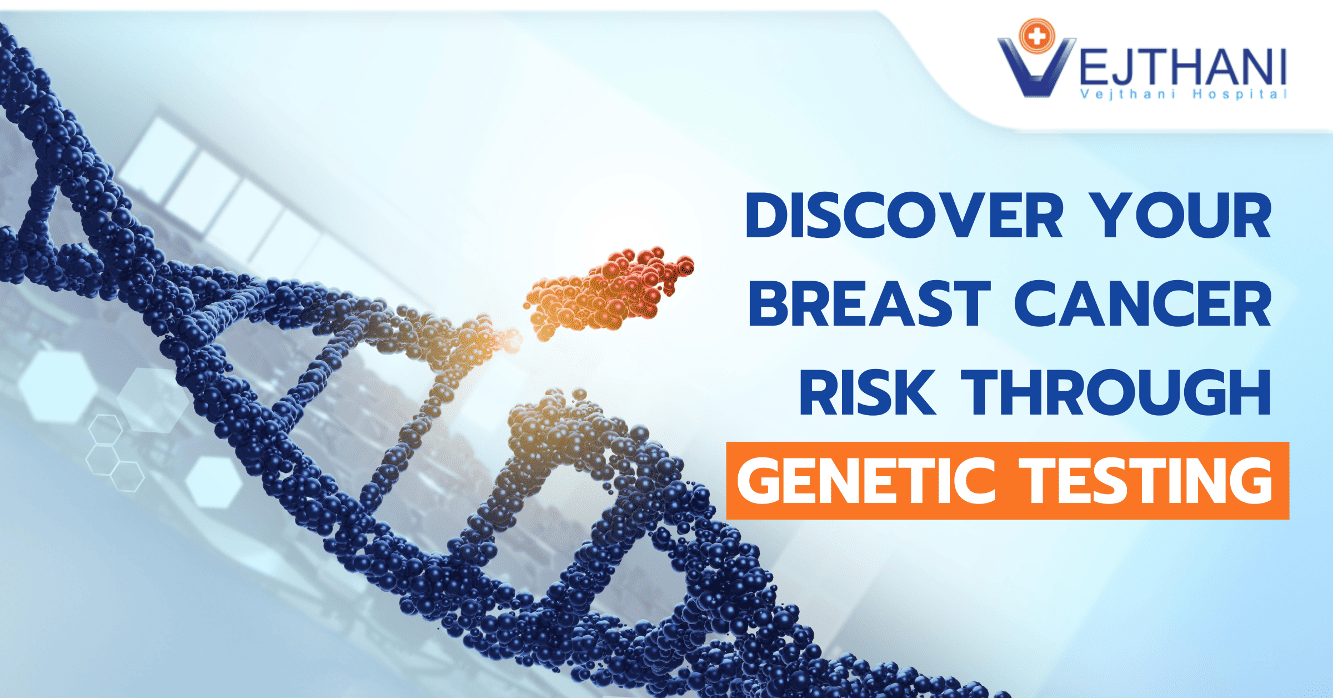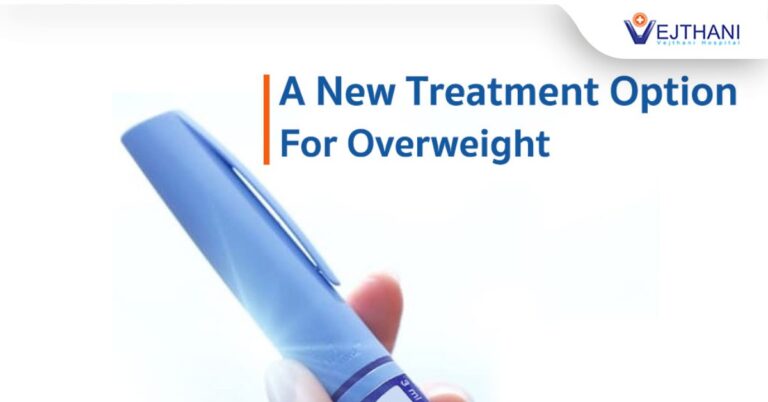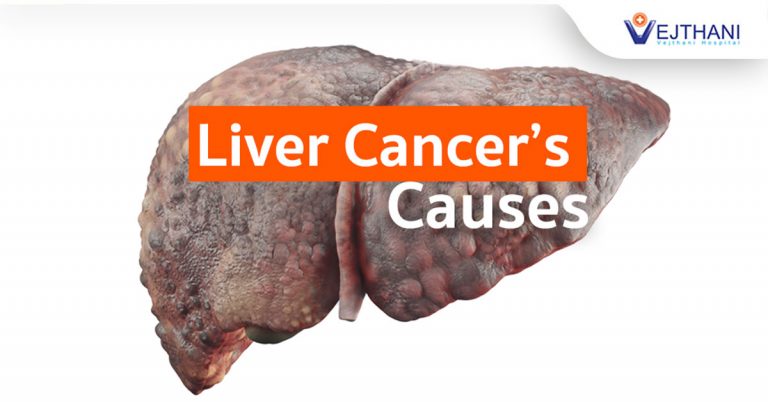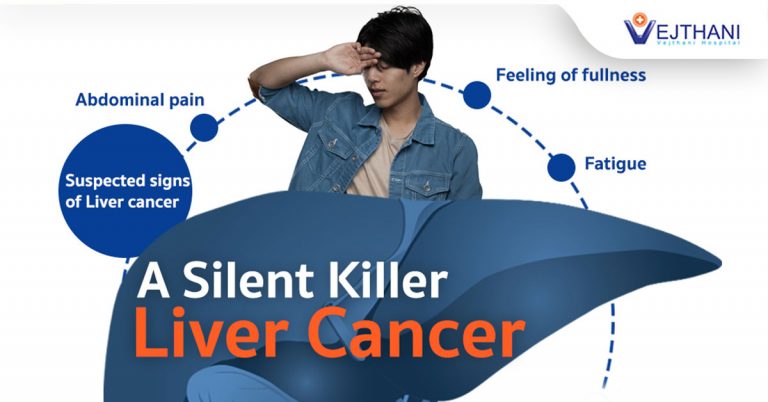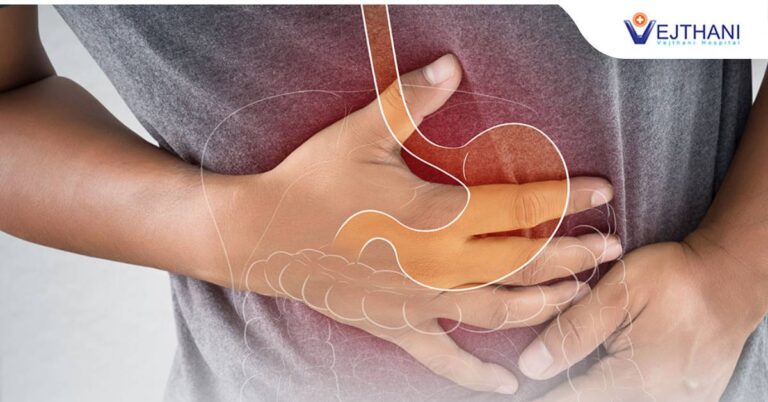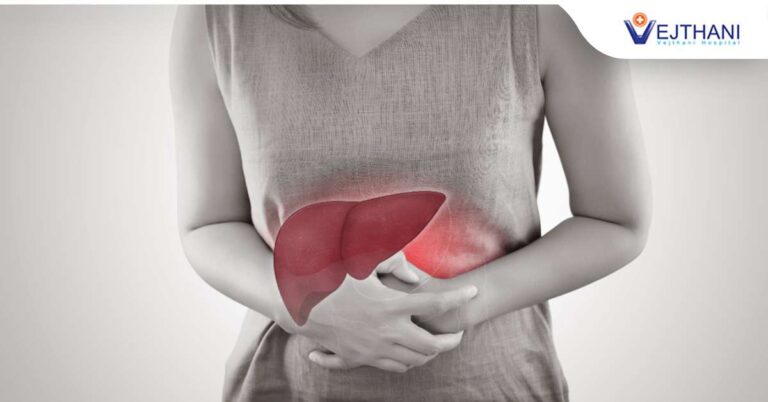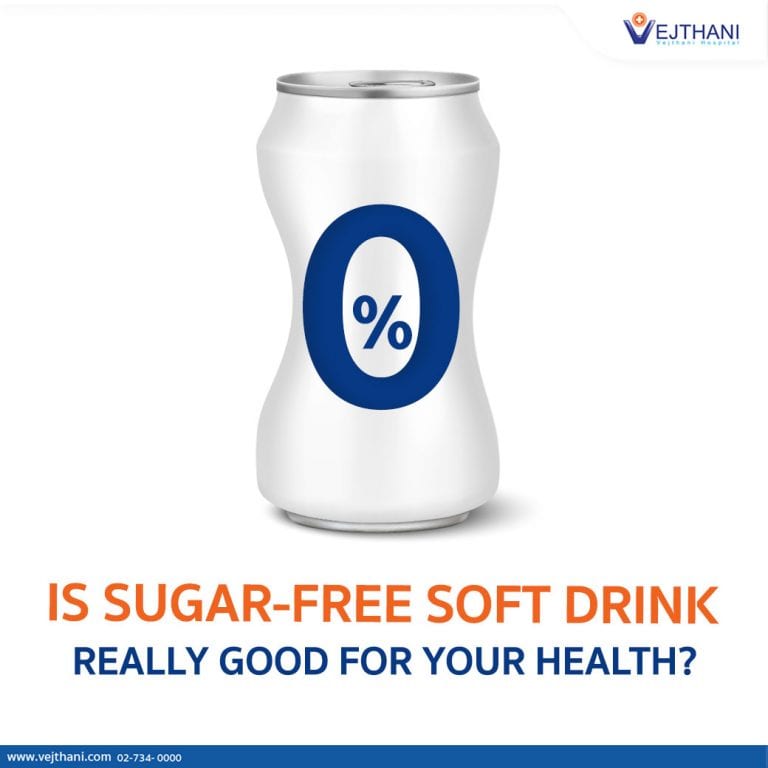
Gastroenterology and Hepatology Center
Liraglutide Injection: A New Treatment Option for OverweightAre you facing this problem? The more you try to lose weight, the more you gain it. It’s because you lose your weight in the wrong way such as skipping dinner
Gastroenterology and Hepatology Center
Liver Cancer’s CausesLiver cancer is caused by chronic hepatitis which later on turns to liver cirrhosis. The risk factors usually found in Thailand include.
Gastroenterology and Hepatology Center
Liver Cancer: A Silent KillerMost of liver cancer patients usually have no abnormal signs or symptoms, but there are still suspected signs, such as abdominal pain,
Gastroenterology and Hepatology Center
Chronic Stomachache, a disease that we should not overlookAn endoscope is a small, flexible, and illuminated optical tube used to insert into the digestive tract to diagnose the diseases related to stomach, esophagus
Gastroenterology and Hepatology Center
How is Esophagogastroduodenoscopy Used?Esophagogastroduodenoscopy (EGD), is a diagnostic process that uses an endoscope to probe the gastric, duodenal and intestinal areas of the body.
Gastroenterology and Hepatology Center
Avoiding HepatitisHepatitis is a disease that infects and inflames your liver. There are five types of Hepatitis, though the most common types are Hepatitis A, B, and C.
Gastroenterology and Hepatology Center
Does Fasting Work for Weight Loss?A lot of people skip their dinner or maybe have just a bowl of vegetable just because they want to lose weight but unfortunately, they did not lose any weight.
Gastroenterology and Hepatology Center
Liver Care for a “Partyholic”People who love partying don’t want to miss it on Friday nights. Whenever there is a party, alcoholic drinks and buffet food are indispensable.
Gastroenterology and Hepatology Center
IS SUGAR-FREE SOFT DRINK REALLY GOOD FOR YOUR HEALTH?Sugar-free soft drinks contain sugar substitute or aspartame, which is a food additive that provides a sweet taste like sugar while containing significantly less food energy than sugar-based sweeteners so that making it zero-calories. However,











